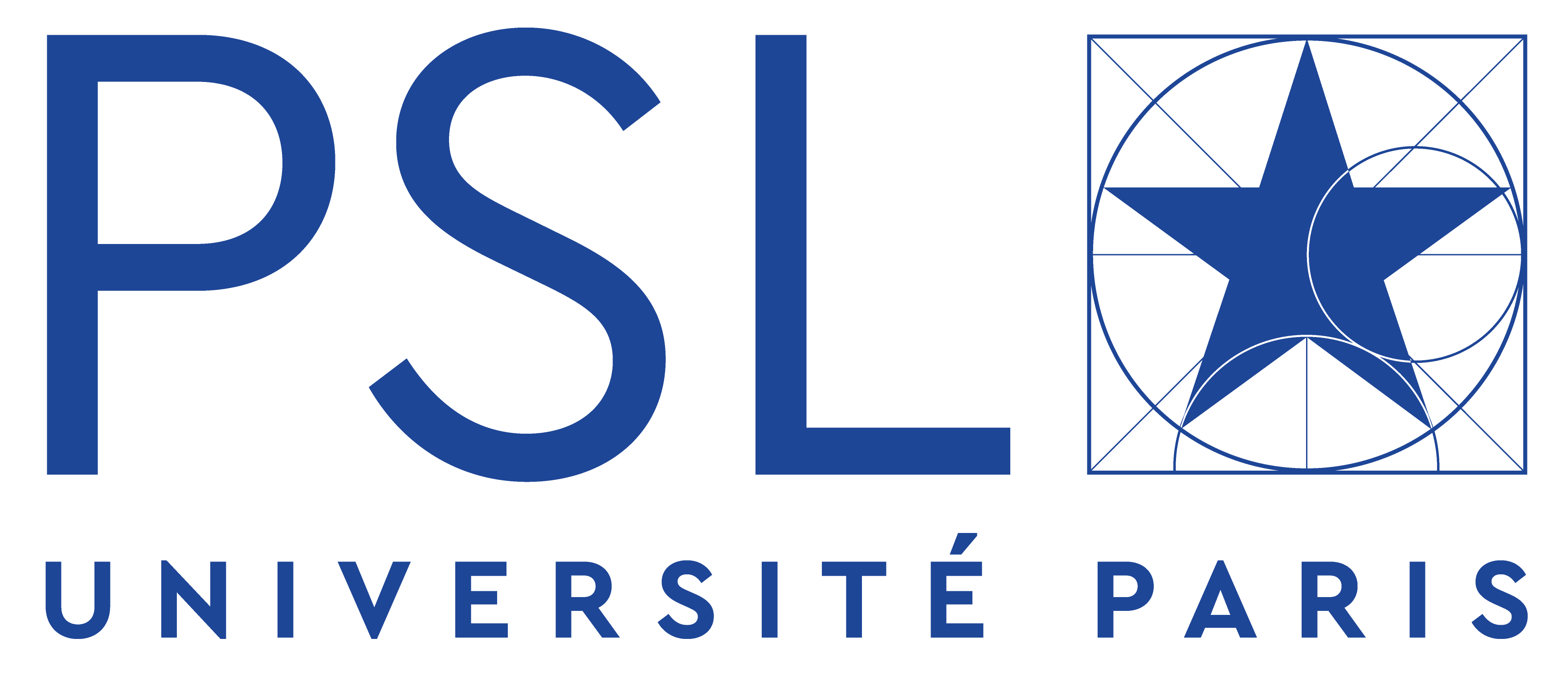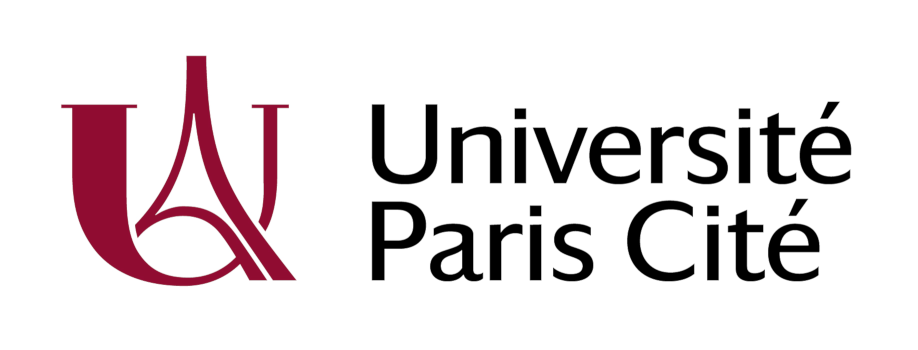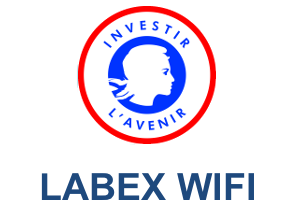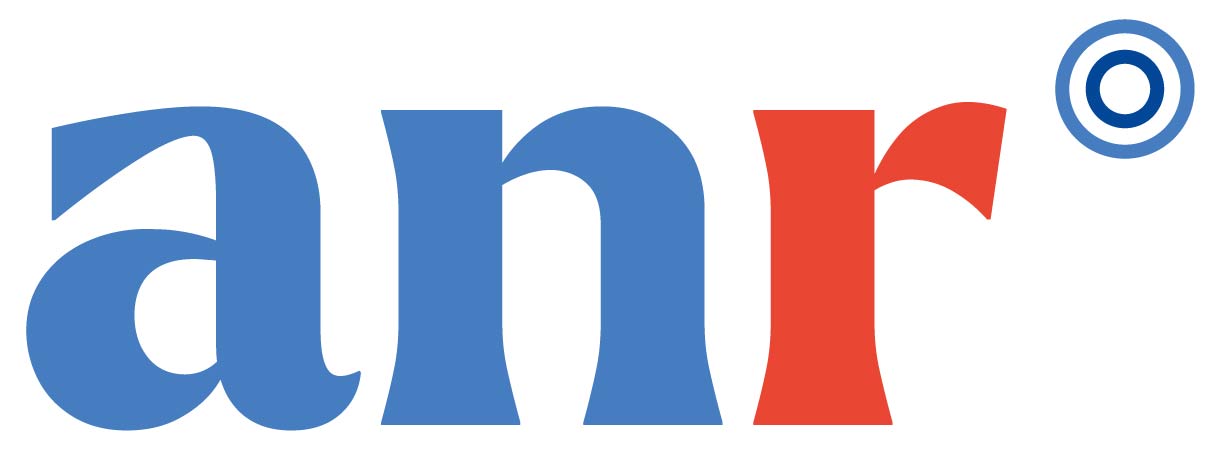Context : Neurovascular coupling (NVC) regulates blood flow to meet the metabolic demands of neural activity by delivering oxygen and nutrients. Dysfunction in NVC is a hallmark of several neurological disorders, including Alzheimer’s disease (AD), where early impairment accelerates disease progression. Since the retina is the only optically accessible part of the central nervous system, it offers a unique opportunity to study NVC at the cellular level.
Recently, our group has pioneered a cutting-edge optical imaging method for cellular-resolution retinal imaging : Adaptive Optics Rolling Slit Ophthalmoscope (AO-RSO). This system is unique in its ability to generate high-speed phase-contrast images across a wide field of view, allowing us to visualize individual red blood cells and the vessel wall—key elements to study vascular responses in NVC. To date, existing image processing methods require manual vessel selection to measure blood flow velocity and vessel diameter, but only for a single vessel.
Internship objectives :
The goal of this internship is to develop advanced image processing methods to :
1. Quantify blood flow velocity across all vessels in the field of view.
2. Segment vessel walls to assess vessel diameters across the entire field of view.
3. Characterize blood flow velocity and vessel diameter changes over time during the NVC process for all vessels within the field of view.
This work will involve close collaboration with researchers, engineers, clinicians, and PhD students from the Institut Langevin and the Paris Eye Imaging Group at the Quinze-Vingts Ophthalmology Hospital. Part of the internship will take place at the Quinze-Vingts Ophthalmology Hospital (Metro Bastille, Paris), where the imaging necessary for NVC studies will be acquired.
Internship duration : M1 : 3-4 months or M2 : 5-6 months
Possibility to continue in a PhD program : Yes.
How to apply ? Interested applicants should send a motivation letter and a CV including the names of two references.









